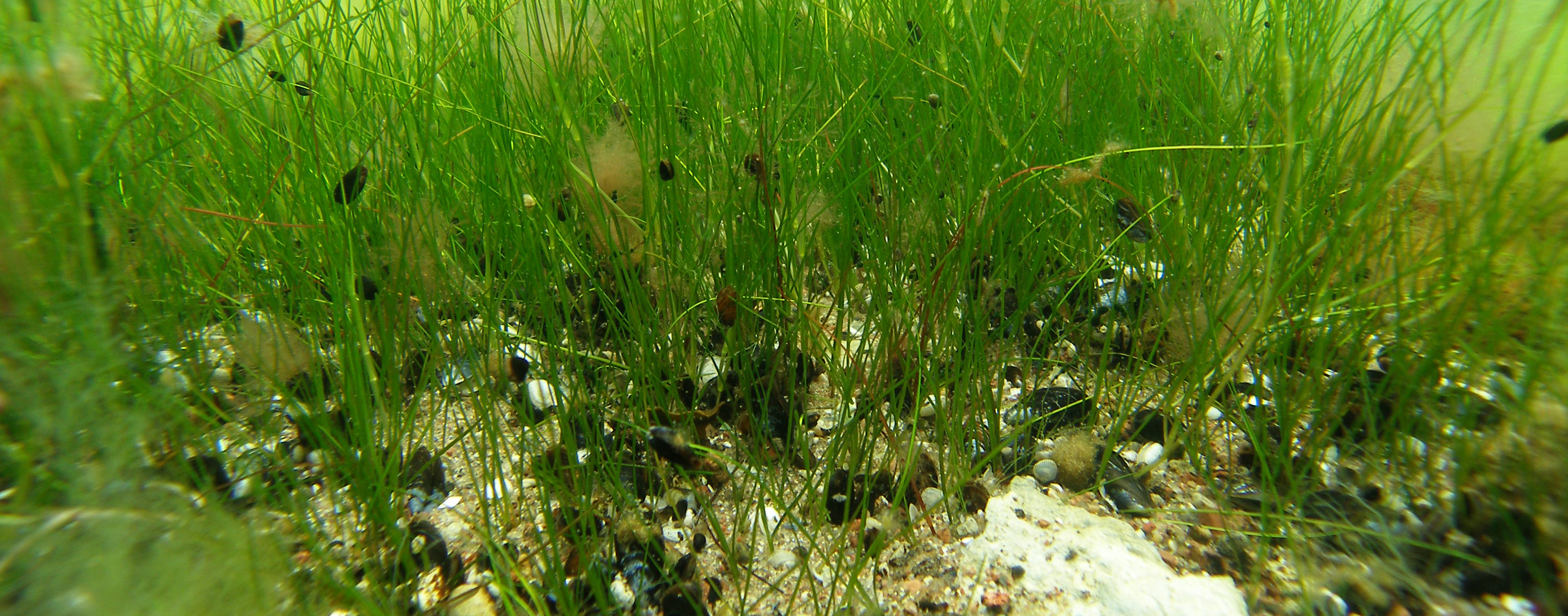Mitigating or adapting to climate change requires innovative solutions.
Because of climate change, the Baltic Sea will presumably become warmer and less salty in the future. Species which are used to higher salinity like the cod, moon jellyfish, eelgrass and blue mussel might not adapt to this changed environment, which is why species more acclimatised to fresh water like the perch, zander and beaked tasselweed (but also an invasive species, the zebra mussel) end up being dominant.
Because of climate change the Baltic Sea won't have permanent ice cover each year either. However, ice is of critical importance to ringed seals – if there is no ice, they have nowhere to calve. Already today there are fewer and fewer ringed seals in Estonia.
Whereas permanent ice reflects the sunlight, the ice-free sea stores this energy and is getting warmer all the time. Because of the warmer sea water and less ice, there are more favourable conditions for a single species of algae to grow – and in time its prevalence will bury the biota and eventually also itself. This will lead to the creation of so-called dead zones.
Everyone can do their bit to alleviate climate change. For example, we can be more efficient with the energy we use at home and demand more environmentally friendly solutions and changes from decision-makers. Things can’t carry on the way they have been!

Beaked tasselweed (Ruppia maritima). Photo: Kaire Kaljurand